Brad Parscale, Donald Trump's 2020 presidential campaign manager, has urged supporters to send actual bricks to House Speaker Nancy Pelosi and Senate Minority Leader Chuck Schumer as the government shutdown—spurred on by the president's refusal to sign a stopgap funding bill because he disagreed with Congress's decision not to provide his requested funding for his proposed border wall—continues.
The news went out in both text and email blasts.
Parscale's message prompted many to not only remind him that research has shown that an actual wall would not be an effective way to address border security problems, but wonder if he was actually threatening the two politicians.
Concerns about violence are not unfounded. In October 2018, federal authorities apprehended Cesar Sayoc after he sent 13 improvised explosive devices to high-profile Democrats and media organizations that had criticized the president. The president, who has repeatedly railed against the press, tore into the media in a late-night tweet for allegedly “blaming” him for the attempted attacks.
Parscale's tweet has been criticized as another attempt by Republicans to absolve the president of any blame for the shutdown which last week became the longest in U.S. history.
Earlier today, the Republican National Committee attempted to blame the government shutdown on Democrats, alleging that Pelosi and Schumer had "ignored the facts" and accused the president of using a "manufactured crisis" to drum up support for the wall's construction.
The president has insisted that border security is unachievable without a wall at the southern border. He’s been quick to remind the American people this as the government shutdown over the wall’s funding rages on. However, a recent Quinnipiac University poll shows that Americans aren’t buying what the president’s telling them.
The poll indicates that 59 percent of Americans believe President Donald Trump’s proposed border wall “is not necessary to protect the border” and “is not a good use of taxpayer money” following his televised address about border security.
Additionally, 55 percent of respondents said they don’t believe the wall would “make the U.S. safer” and 52 percent of respondents said the wall is not consistent with American values. Only 2 percent of respondents said the president’s address changed their mind compared to 89 percent who said it did not change their mind about building the wall.
Respondents also indicated they’re losing faith in the Republican Party. Forty-nine percent of American voters trust Democrats in Congress more than Trump on the issue of border security.
“The GOP is losing the battle as 56 percent of American voters say President Donald Trump and Republicans in Congress are responsible for the shutdown, while 36 percent say Democrats are responsible,” Quinnipiac notes.
Perhaps even more damningly for the GOP, every party, gender, education, age and racial group (63 percent to 30 percent) supports “a Democratic proposal to reopen parts of the government that do not involve border security while negotiating funding for the Wall.” Republicans are the only group against it (52 percent to 39 percent).
The president inspected border wall prototypes in March 2018, eventually settling on steel bollard fencing, but the results of testing by the Department of Homeland Security in 2017 showed all the prototypes, including the steel slats, were vulnerable to breaching.
A photo of a steel slat prototype, exclusively obtained by NBC News, proved a saw could easily cut through it. Experts from the Marine Corps were instructed to attempt to destroy the barriers using common tools.
The photograph was not initially included in the internal report and was only released following a Freedom of Information Act Request by KPBS, a public radio station based in San Diego.

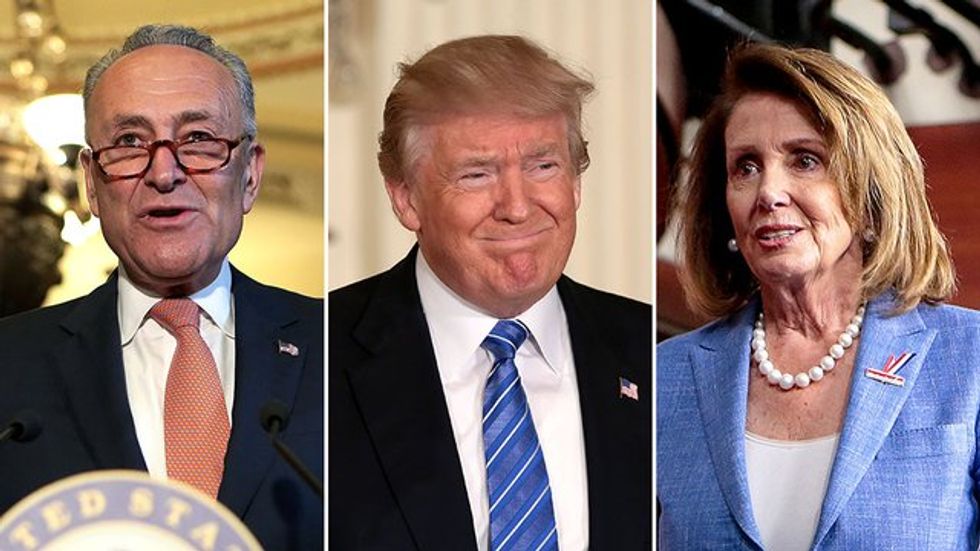

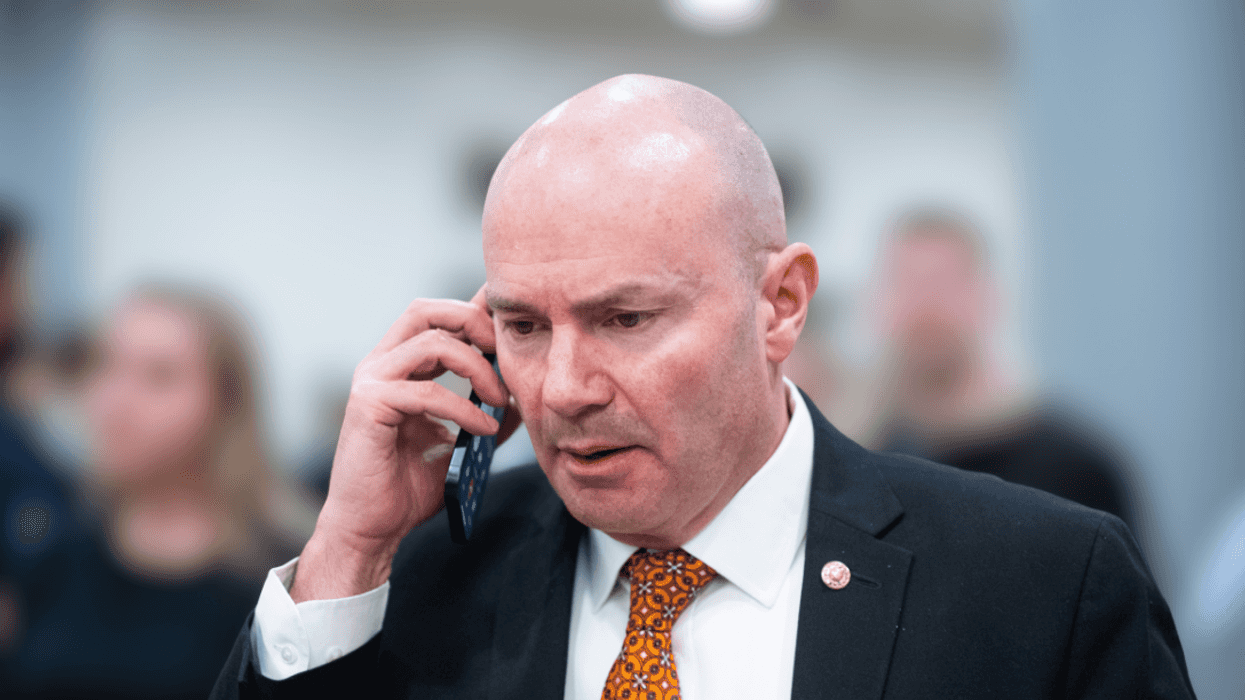




 reply to @milano_alyssa/Instagram
reply to @milano_alyssa/Instagram reply to @rebeccagayheartdame/Instagram
reply to @rebeccagayheartdame/Instagram reply to @milano_alyssa/Instagram
reply to @milano_alyssa/Instagram reply to @milano_alyssa/Instagram
reply to @milano_alyssa/Instagram reply to @milano_alyssa/Instagram
reply to @milano_alyssa/Instagram reply to @milano_alyssa/Instagram
reply to @milano_alyssa/Instagram reply to @milano_alyssa/Instagram
reply to @milano_alyssa/Instagram reply to @milano_alyssa/Instagram
reply to @milano_alyssa/Instagram reply to @milano_alyssa/Instagram
reply to @milano_alyssa/Instagram reply to @milano_alyssa/Instagram
reply to @milano_alyssa/Instagram reply to @milano_alyssa/Instagram
reply to @milano_alyssa/Instagram reply to @milano_alyssa/Instagram
reply to @milano_alyssa/Instagram reply to @milano_alyssa/Instagram
reply to @milano_alyssa/Instagram reply to @milano_alyssa/Instagram
reply to @milano_alyssa/Instagram reply to @milano_alyssa/Instagram
reply to @milano_alyssa/Instagram reply to @milano_alyssa/Instagram
reply to @milano_alyssa/Instagram reply to @milano_alyssa/Instagram
reply to @milano_alyssa/Instagram reply to @milano_alyssa/Instagram
reply to @milano_alyssa/Instagram reply to @milano_alyssa/Instagram
reply to @milano_alyssa/Instagram




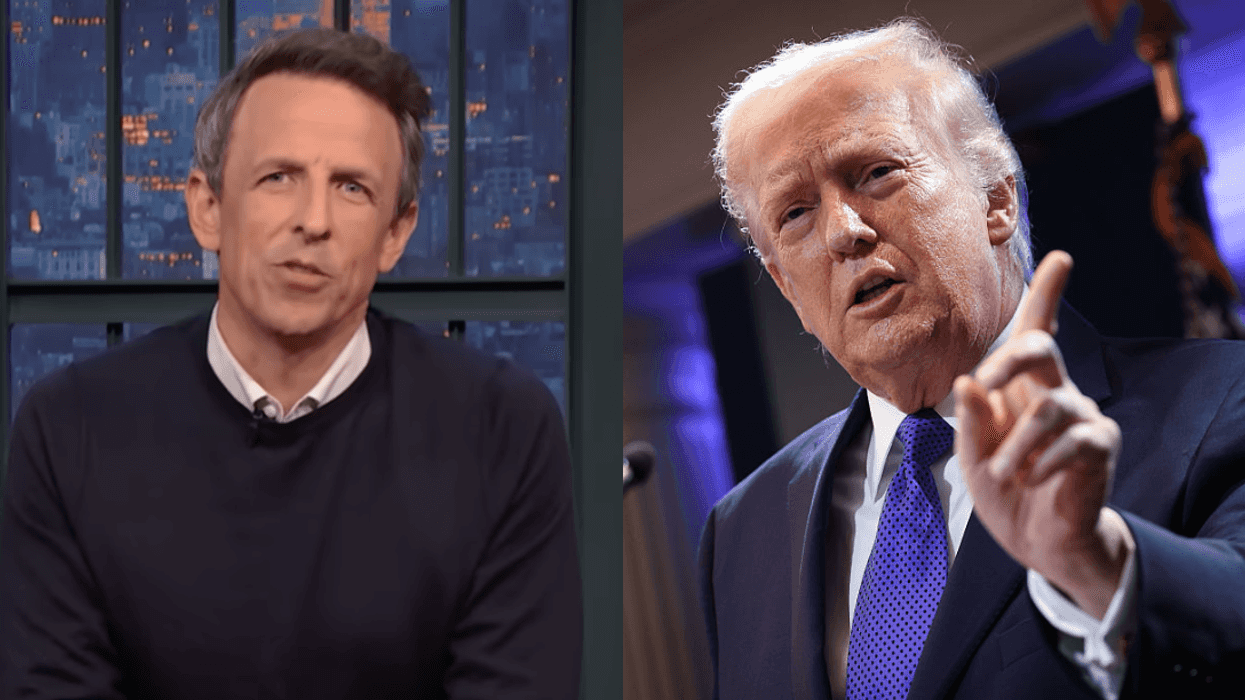
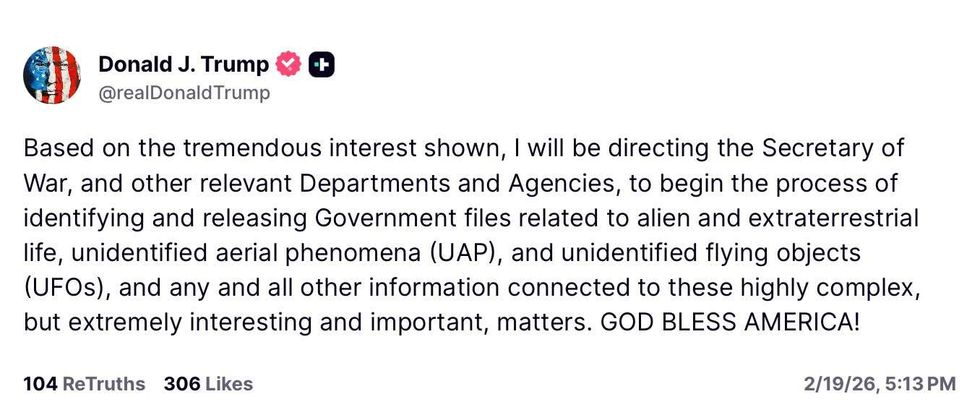 @realDonaldTrump/Truth Social
@realDonaldTrump/Truth Social


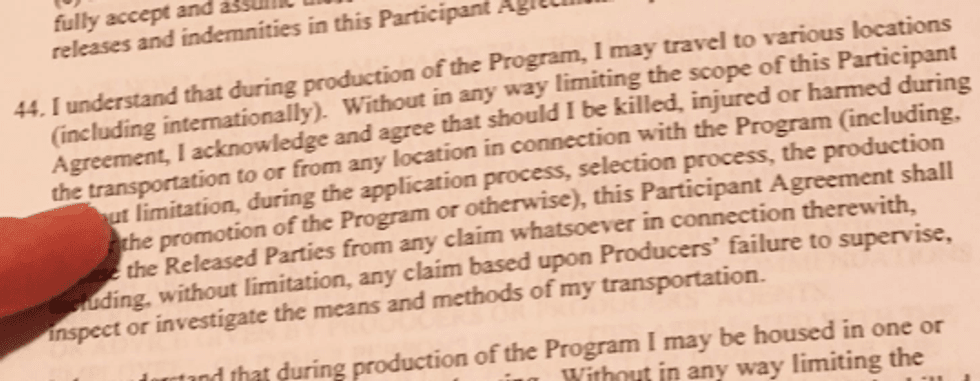 @gutterutterart/Instagram
@gutterutterart/Instagram @gutterutterart/Instagram
@gutterutterart/Instagram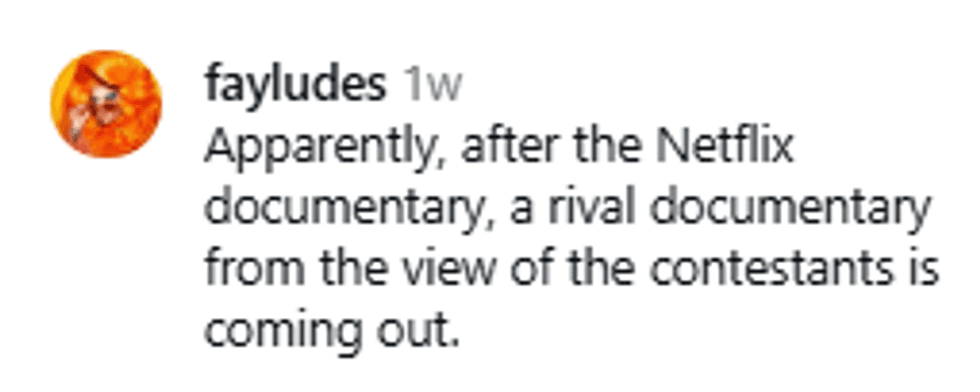 @gutterutterart/Instagram
@gutterutterart/Instagram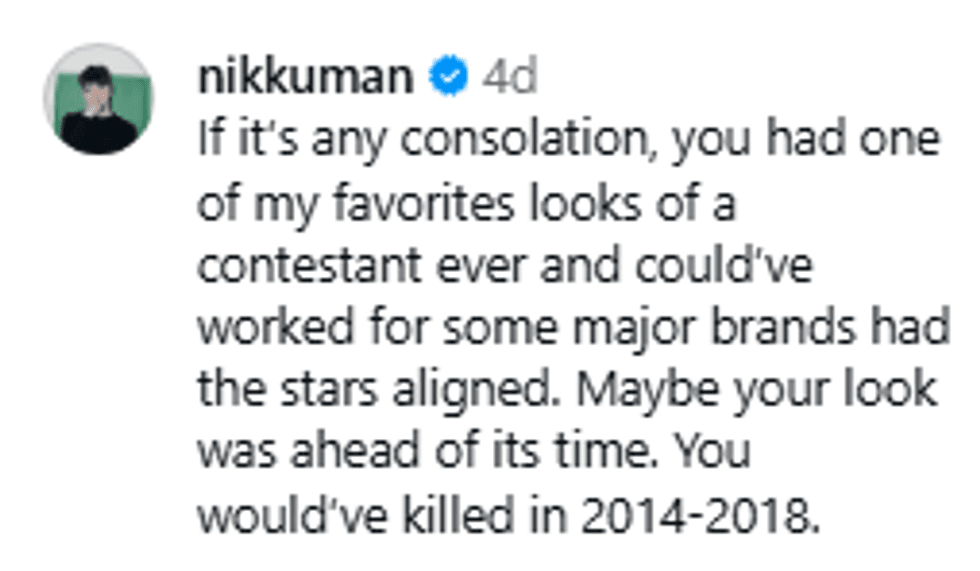 @gutterutterart/Instagram
@gutterutterart/Instagram @gutterutterart/Instagram
@gutterutterart/Instagram @gutterutterart/Instagram
@gutterutterart/Instagram @gutterutterart/Instagram
@gutterutterart/Instagram @gutterutterart/Instagram
@gutterutterart/Instagram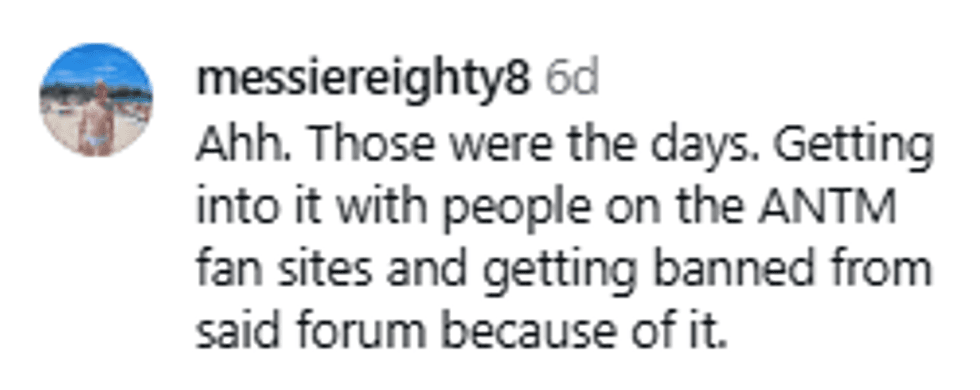 @gutterutterart/Instagram
@gutterutterart/Instagram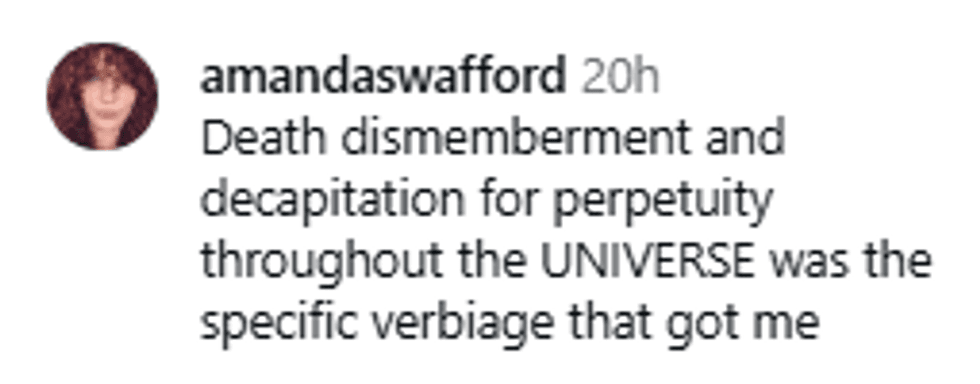 @gutterutterart/Instagram
@gutterutterart/Instagram @gutterutterart/Instagram
@gutterutterart/Instagram